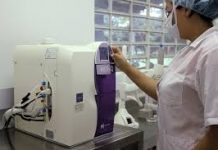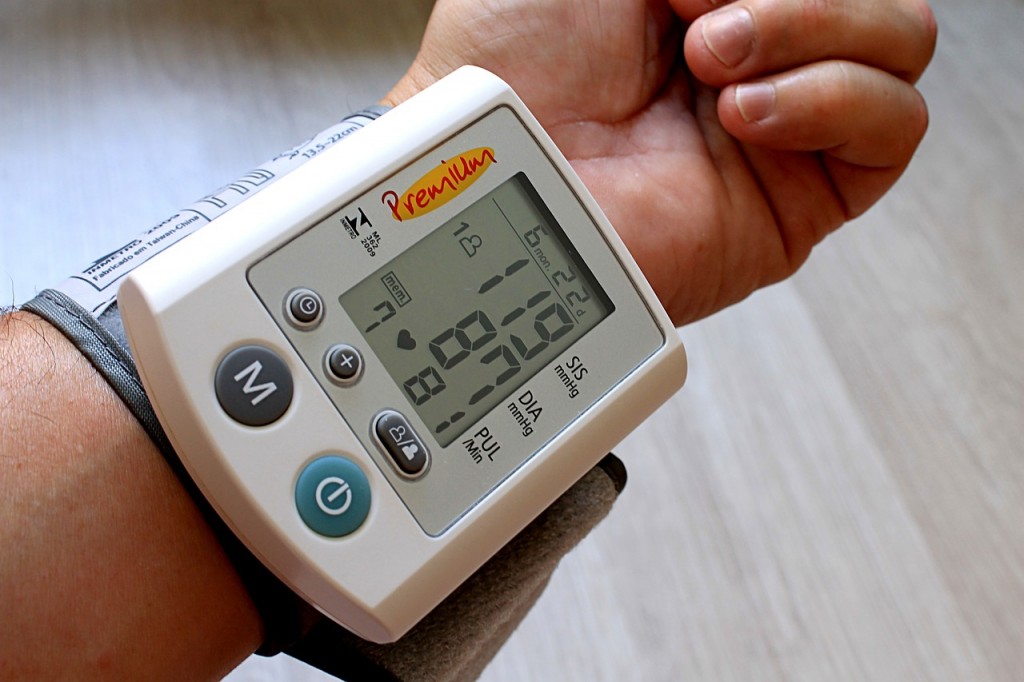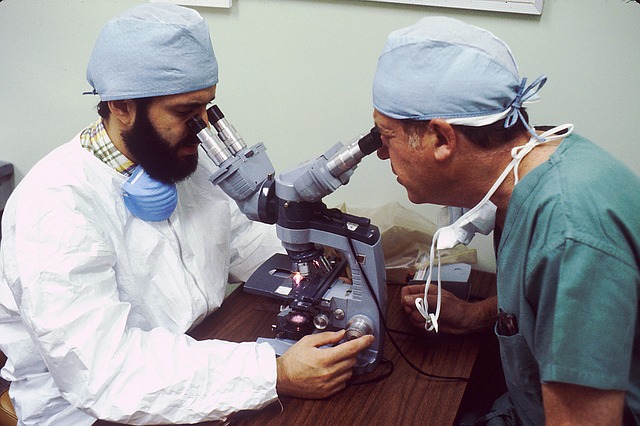August 2011 - New research indicates cholesterol lowering drugs known as statins may help prevent future strokes among young people who have already had a stroke. The study is published in the August 2, 2011, print issue of Neurology®, the medical journal of the American Academy of Neurology.
"Because the cause of stroke in young people can be hard to identify, cholesterol-lowering drugs are often not used to prevent further strokes or vascular problems," said study author Jukka Putaala, MD, PhD, with the Helsinki University Central Hospital in Helsinki, Finland. "This study suggests that the drugs should be considered even when the cause of the stroke is unknown and the cholesterol levels are not high."
For the study, researchers looked at the medical records of 215 people between the ages of 15 and 49 who experienced a first stroke called an ischemic stroke and were then followed for an average of nine years.
One-third of the participants had taken a statin at some point after their stroke. Of the 36 people who continuously took a statin, no one had a second stroke or other vascular problem. Of the 36 people who took a statin at some point after their stroke, four people, or 11 percent, had a second stroke or other vascular problem. Of the 143 people who never took a statin drug, 29 people, or 20 percent, had a second stroke or other vascular problem.
The study found that those who were treated with a statin at any time after the stroke were 77 percent less likely to experience another stroke or vascular problems compared to those not treated with a statin at all. The results were the same after adjusting for factors such as age, high blood pressure, and taking high blood pressure medication.
Continue Reading Below ↓↓↓
"While the study may be limited by the small number of people who were treated with a statin, at the very least, young adults who have experienced a stroke for unknown reasons should be considered for treatment with cholesterol-lowering drugs," said Putaala.
The study was supported by the Helsinki University Central Hospital, the Finnish Medical Foundation, the Finnish Brain Foundation and the Emil Aaltonen Foundation.
Source: American Academy of Neurology











